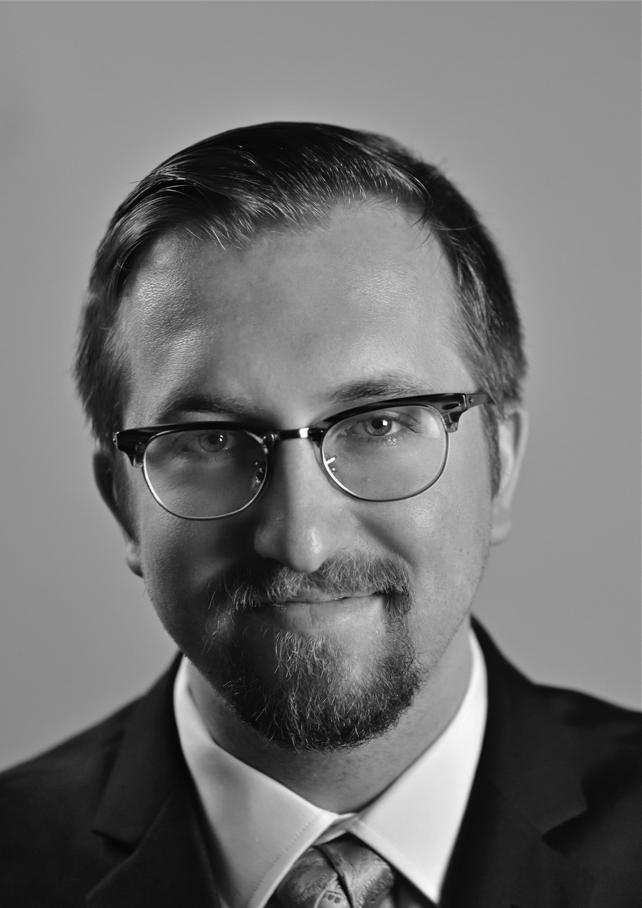
S O P R ANO
S
g ra pe s mf
About the Composer:

Duncan Tuomi (b. 1994) is a choral conductor and award-winning composer based in Los Angeles, California. He currently studies choral music in the Doctor of Musical Arts program at the University of Southern California (USC), where he also completed his Master of Music degree. In addition to his choral music degree, he studied composition with Dr. Frank Ticheli and Dr. Chris Rozé. He also holds a Bachelor of Music Degree in Vocal Music Education from St. Olaf College, where he studied under Dr. Anton Armstrong and Dr. Christopher Aspaas, among many others.
As a composer, Tuomi was the winner of the 2023 American Prize in Short Choral Works, College and University Division, as well as the 2021 American Choral Director’s Association’s Raymond W. Brock Memorial Student Composition Competition. He was also a composition fellow in Choral Arts Initiative’s summer 2022 PREMIERE|Project. Tuomi has had works premiered by Choral Arts Initiative under the direction of Brandon Elliott, the USC Thornton Chamber Singers and University Chorus under his own direction and under the direction of Stevie J. Hirner, the Long Beach Youth Chorus under the direction of Stevie J. Hirner, the University of Portland Chamber Singers under the direction of Dr. Michael Connolly, the Pacific University Chamber Singers under the direction of Dr. Scott Tuomi. He has received commissions from the Long Beach Youth Chorus and was commissioned to compose for the 10th annual Brothers, Sing On! Tenor/Bass Choir Festival in 2018.
About the Piece:
The text for Napa comes from the poem 38°26'27.204''N,122°24'33.624''W— 45°24'59.2"N,123°10'57.7"W(Napa—Elk Cove) by poet Brennan Lucas Staffieri, from their first book of poetry, 41°43.5’N,49°56.8’Wand explores the relationship between father and child through the analogy of Staffieri’s memory of their father in Napa Valley, being recalled later at Elk Cove Vineyards in Oregon. The music of the piece reflects the transient nature of memory, with the thoughts and motifs of each phrase seeming to interrupt one another as new stanzas in the poem begin. Each new idea in the text sees a change in the tempo, texture, and key of the music. As the piece progresses, new ideas are colored by the music of previous phrases, but the music returns fragmented, as the fading of memory with the passage of time.
